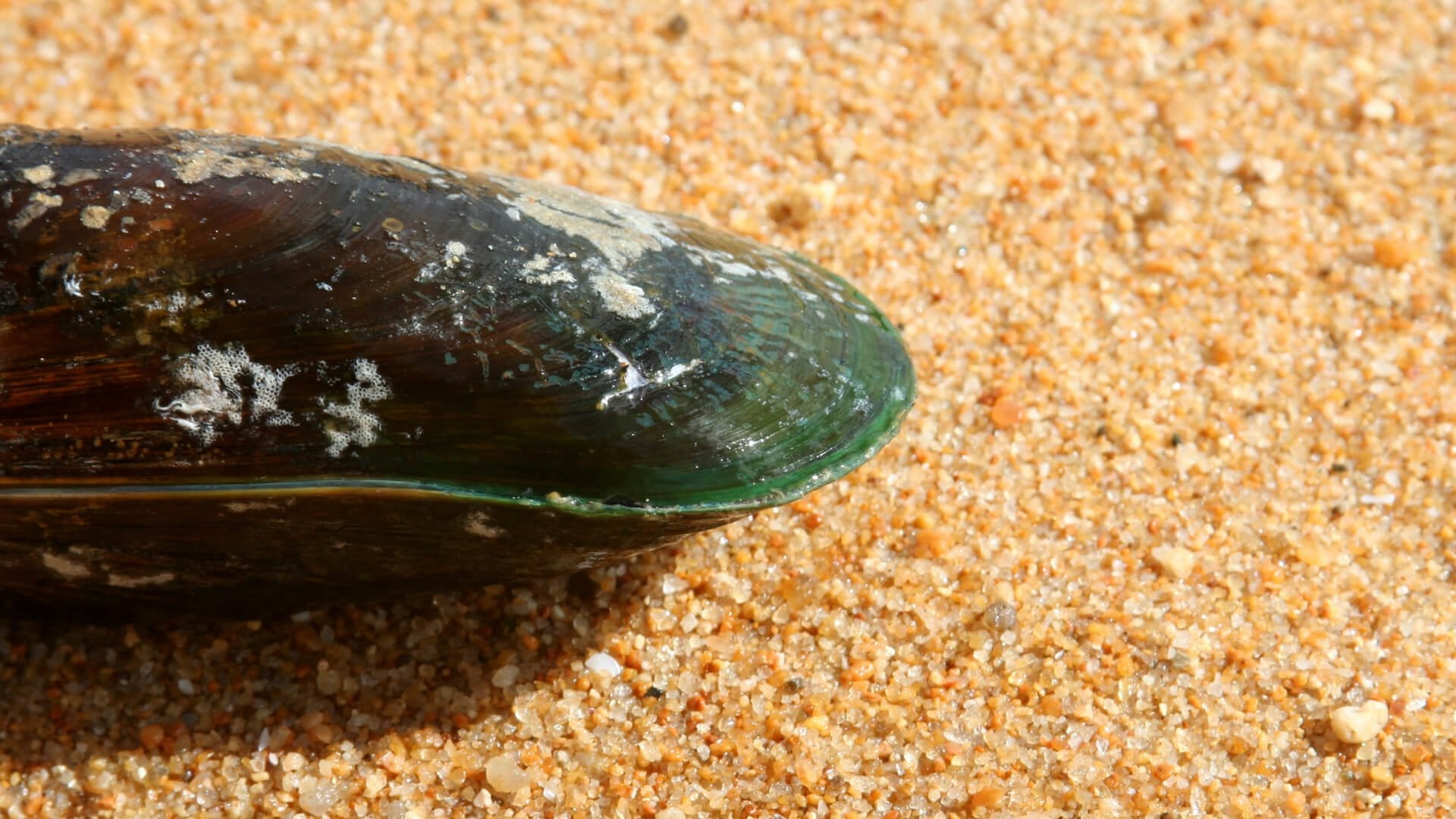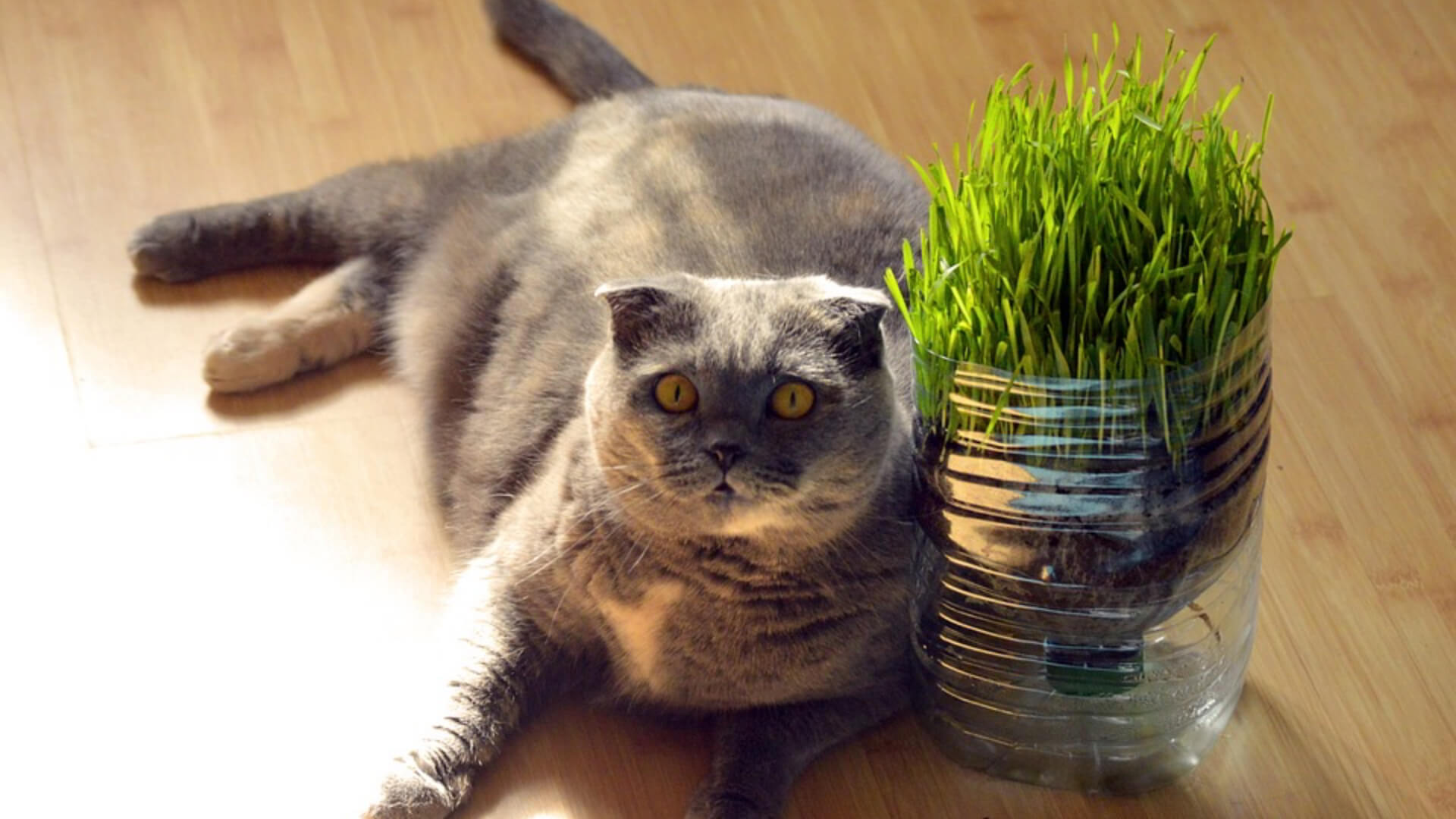Vegetarian and vegan diets are edging towards the mainstream in the UK nowadays, and many pet owners are starting to ask whether such a diet could be beneficial for their pets. But is it ethical to give a vegetarian diet to a dog or a cat? And, are there any risks associated with doing so?
There is lots of scientific evidence about the links between meat consumption and degenerative health conditions, concern for farm animal welfare and environmental degradation. It makes sense that consumers have concerns about the adverse impacts of traditional meat-based diets.
Yes, it is possible for companion animals to ‘survive’ on nutritionally complete and reasonably balanced vegetarian diets, but it is important to keep in mind that there have not been enough studies, and thus evidence, at this point to compare longevity and disease occurrence in pets who've been fed meat versus pets on complete vegetarian diets.
Regardless of dietary choice, consumers should be encouraged to check labels, and to ask manufacturers what steps they take and what evidence they can provide, to ensure a nutritional balance of their pets' diets. It must be noted that all animals are different, similar to humans, it is important to recognise that different pets have different nutritional needs.
From an evolutionary perspective, both the domestic cat (Felis catus) and the domestic dog (Canis lupus familiaris, Canis familiaris) belong to the order of Carnivora. Their ancestral counterparts subsisted primarily on captured prey animals, which is why they have a range of evolutionary adaptations designed to facilitate the capture, apprehension, mastication, digestion, and absorption of animal tissues.
Dogs were domesticated from wolves. These ancestral dogs were partially dependent on human food scraps. Compared to wolves, dogs have evolved a superior ability to metabolize carbohydrates (even though carbohydrates are not an essential part of their diet), which led to the current discussion about whether dogs are real carnivores or omnivores. On the other hand, cats are not able to thrive on an omnivorous diet because of their lack of genetic, biochemical and behavioural adaptations. Their diet is similar to the diet of wild cats, consequently categorising them as carnivores.
For this reason, vegetarian diets are simpler for dogs than for cats, although neither one is something to be taken lightly. The risks can be high and it’s highly recommended to take expert advice.
If you are considering a vegetarian diet for your pet:
- Consult with a veterinary nutritionist who can analyse your commercial or homemade vegetarian pet diet and make recommendations.
- Schedule more frequent wellness examinations, including a full blood analysis at least twice a year.
- Be cautious with total protein intake, imbalance of the certain amino acids (such as taurine and L-carnitine which are found essentially in meat products) as well as deficiency in vitamins and minerals (i.e. B vitamins, calcium, phosphorus, and iron).



